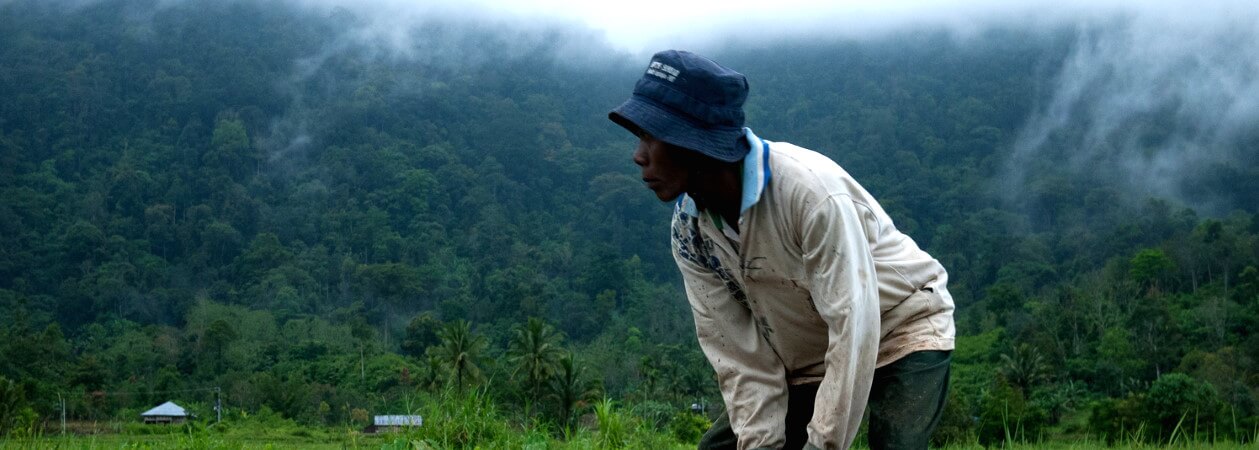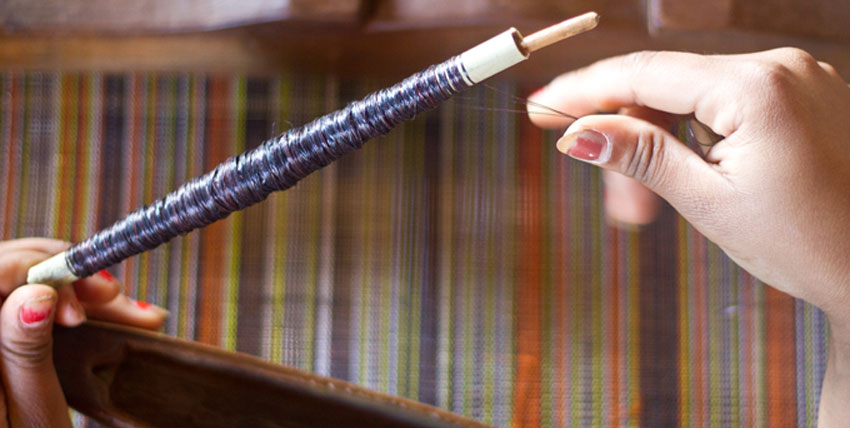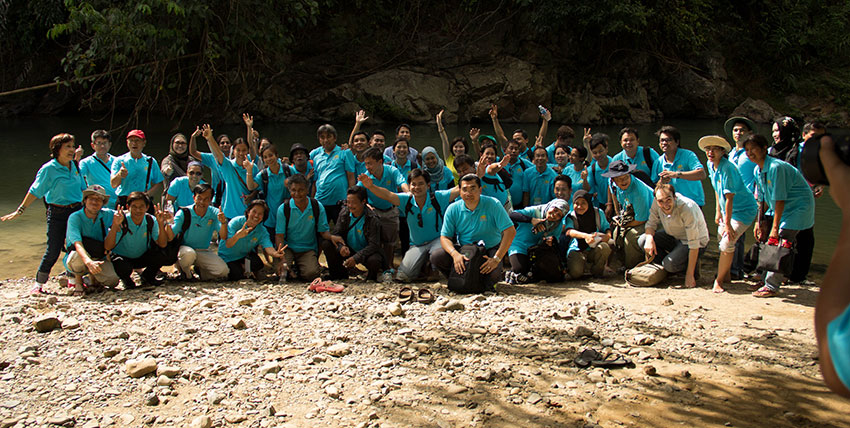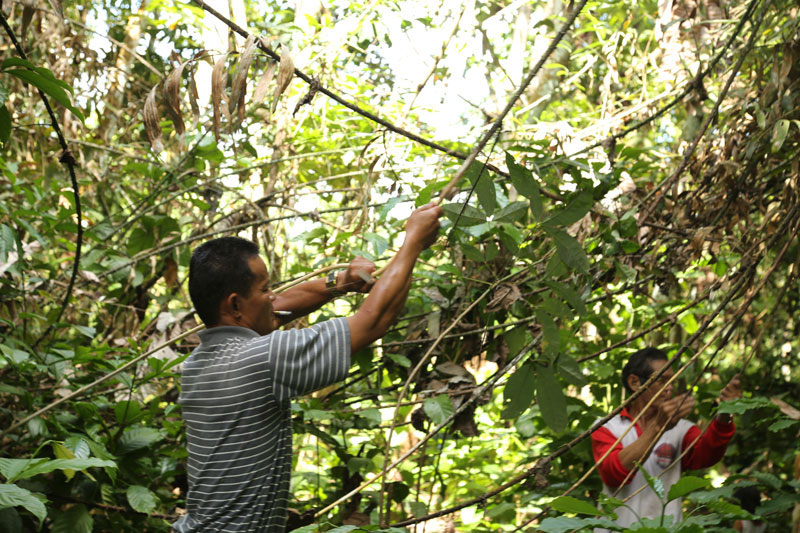
The ASSERT CBFM in NDCs Project (Assessing, Engaging, and Recognizing Community-based Forest Management towards Nationally Determined Contributions in the Philippines) stems from the collective aspiration of the Non-Timber Forest Products - Exchange Programme (NTFP-EP), Department of Environment and Natural Resources-Forest Management Bureau, and other key stakeholders to recognize the contributions of CBFM to climate change mitigation and adaptation.
As a two-year project, its goal is to assess, engage, and recognize CBFM towards the NDCs in the country. To this end, the project is expected to:

Traditional hand-woven textiles are produced in one third of provinces in the Philippines and throughout the Indonesian archipelago. Entrepreneurs often fail to meet buyer demands for quantity, quality and timeliness due to poor product standardization and lacking technical capacity. Limited access to supplies of quality natural dyes and eco-fibres also limits production. Lack of awareness among producers and urban consumers on eco-labelling or product standards means that producers mostly produce for local markets, and fail to realise a premium on wider markets.
The project aims to promote sustainable consumption and production (SCP) of hand-woven eco-textiles in Indonesia and the Philippines by scaling up successful SCP practices throughout the market chain, and supporting the development of an enabling policy environment.
For more information, click here (http://www.switch-asia.eu/projects/hand-woven-textiles/)

The Non-Timber Forest Products - Exchange Programme (NTFP-EP) in collaboration with the ASEAN Social Forestry Network (ASFN) Secretariat has provided a platform for CSOs to effectively communicate their inputs on social forestry (SF) and related issues to ASEAN member states (AMS) since 2011 under the ASEAN Swiss Partnership of Social Forestry and Climate Change (ASFCC).
Through capacity building initiatives, government-CSO multi-stakeholder processes, and research & knowledge sharing, NTFP-EP has enabled CSO participation at national and sub national policy development particularly in the formation of the national REDD+ strategy in the Philippines and the engagement of civil society and indigenous peoples (IP) inputs into the implementation of the REDD+ roadmap and governance structures in Cambodia. In Malaysia, livelihood development as a step wise approach to community involvement in forest management was initiated.
Building on its strengths within the ASFCC programme and as a whole, NTFP-EP’s priority areas in ASFCC-2 would include facilitating the participation of CSOs at local, national regional(ASEAN) levels, livelihood development and policy advocacy on social forestry and climate change (CC). NTFP EP’s priority areas will contribute to ASFCC-2 overall and specific objectives. To continue to promote and enhance civil society (IPs, community forestry groups, women, vulnerable groups) engagement in ASFN, NTFP-EP would contribute to:
Further, based on recent AMS request, NTFP EP will support efforts in Lao PDR, Myanmar and Vietnam particularly on livelihood based climate change adaptation, and NTFP development. For more information, click here. (www.asfnsec.org)

Rattan is a natural climbing plant that grows in rainforests or in rattan gardens. If left alone, they can grow up to hundreds of meters. They require trees to latch on in order to grow. At a certain age, they produce shoots that shall grow into new rattan vines. They take about 5 to 7 years to regenerate. This is for the small diameter rattan. Large diameter rattan may take longer to grow.
In Indonesia, there are "Rattan Farmers" who maintain their lands in forest-like state, caring for and planting the rattan and the trees that they grow on. Then, there are also "Rattan Gatherers" who harvest wild growing rattan from natural forests.
Rattan can be considered as a sustainable material as farmers need to maintain trees in order to cultivate their rattan. However, to be fully sustainable, they also need to be harvested in a sustainable manner.
Sustainable rattan gathering process makes sure that rattan are harvested legally, either from rattan gardens or from public access forests. It also ensures that trees are not cut when the vines are harvested. It also entails that for clustering rattan species, only mature vines are cut so other stems and shoots can still grow.. In both clustering and single stemmed rattan, it is important that the rattan has produced seeds and seeds have fallen to the ground creating new seedlings. If harvesting is done before seeding, regeneration is not possible.